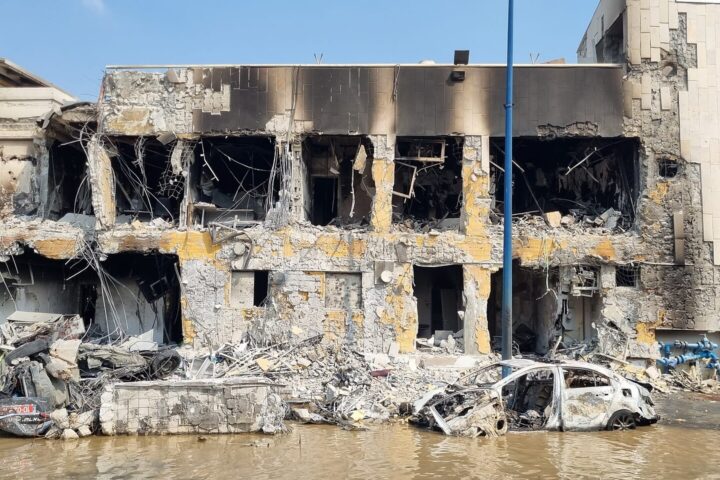.
Cyprus once again finds itself in an awkward position, with President Anastasiades heading a high-level delegation to Moscow with the hope of clinching as much as he can from the Russian President.
To think that Moscow will do anything more than reiterate its support to a viable and just solution to the Cyprus problem, is naïve, to say the least.
Some seem to live in Wonderland if they think that Vladimir Putin will capitulate and everything will return to normal – Russian deposits will flow once more, tourists will stream back to our beaches and our fruit and veggies will once again end up on Moscow store shelves.
The main reason that the Kremlin introduced the controversial “de-offshorisation” bill was not necessarily to punish Cyprus for robbing Russian investors of their bank deposits, but aimed at keeping better control over the key players in industry and trade, who will be called upon to do their patriotic duty and prop up the ailing economy that has over-relied on oil revenues. The crisis in Ukraine is not something that will go away and it has hurt the rouble, as much as its exports, which is why Moscow has turned to newfound allies, such as China and Turkey, to supply its oil and gas.
But President Putin has not yet finished his grand scheme of reinstating the glory of the Russian empire and Cyprus is but a speck on his map.
Anastasiades is right to refresh some outdated bilateral protocols, with the support to military operations, such as the evacuation of Russian advisors from Syria and elsewhere, being the most important to Putin at the moment.
It is now clearly evident that asking the Kremlin for a loan back in 2013 backfired, economically and politically, because we had nothing to offer or to bargain with. Now we do.
Anastasiades must play his cards rights, as with nothing left to lose, we have much more to gain from re-instating ties with Russia. Moscow will never give up its historic love-hate relationship with Ankara, dating back more than a century, so Cyprus needs to carve its own little piece of the action. With our western ‘allies’ also leaning towards maintaining an open channel to the Turkish government, this time, allegedly, in order to fight the new threat of the Islamic State, Nicosia is once again on its own, without any fundamental help from our fellow EU member states.
It is time for Cyprus to revise its foreign policy and strategic cooperations with Russia, energy neighbours Israel and Egypt, as well as Lebanon and others, by keeping a balanced relationship and one that will, at last, look after Cyprus interests and not others’.







